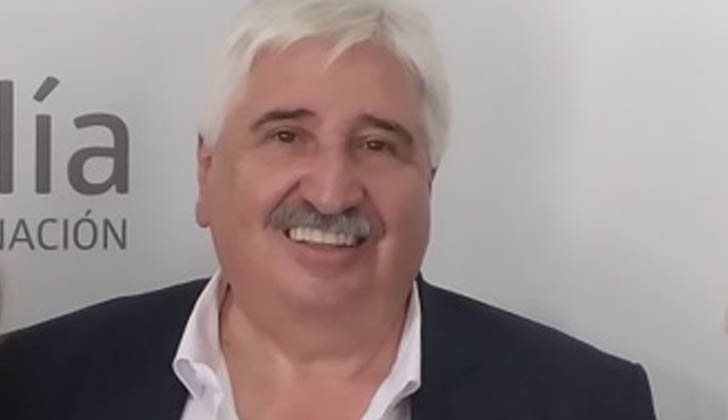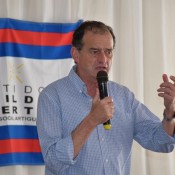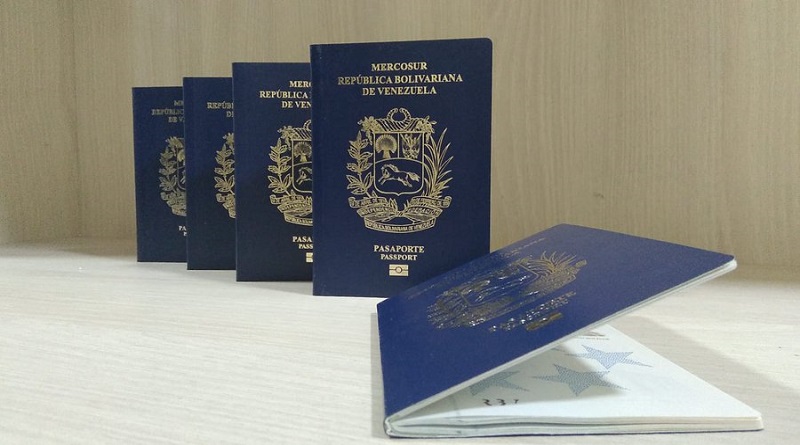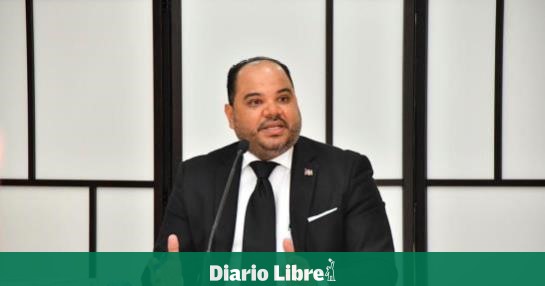
A few days ago, Cabildo Abierto presented to Parliament a bill that provides prison sentences for prosecutors who intentionally “criminally pursue someone who is not guilty, hide evidence from any of the parties or fail to comply with the obligation to investigate.”
The initiative that is being studied by the Constitution and Legislation Commission of the Senate, proposes penalties for judges who “knowingly dictate an unfair resolution.”
Through the project it is established that “the prosecutor who intentionally criminally persecutes a non-culprit, or a person who does not correspond to a criminal sanction, will be punished with a sentence of 18 months in prison to seven years in prison, a fine of 60 UR to 12,000 UR and special disqualification from three to seven years”.
Both judges and prosecutors rejected the proposal that seeks the sanction through the regulation of the crime of “prevarication”.
Unpresentable
For his part, the Attorney General of the Nation, Juan Gómez, told El País that the project is “unpresentable” and warned that it “criminalizes the activity of prosecutors.”
“I know that it shouldn’t have the will to be approved, but the sole proposal leads one to think about what is behind it” and he referred to a “movement” against the judicial operators.
“I say it with great respect, this is unpresentable.”








